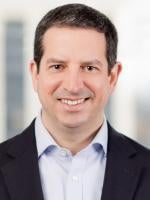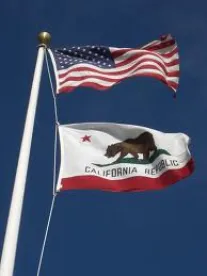Striking a blow to plaintiffs seeking damages for cleanups down to “background” levels, the United States District Court for the Southern District of California dismissed an action by the State of California and the City of San Diego seeking damages due to soil and groundwater contamination on city-owned land around and under the San Diego Qualcomm Stadium. California v. Kinder Morgan Energy Partners, L.P., No. 07-CV-1883-MMA (S.D. Cal. Jan. 25, 2013), available at www.bdlaw.com/assets/attachments/Kinder.pdf. Eliminating the lynchpin of the City’s case, the court excluded testimony by the City’s expert under Federal Rule of Evidence 702 and Daubert, and granted summary judgment to the defendant. Kinder Morgan, slip op. at 13, 51-52.
Defendant and its predecessors have operated a gasoline distribution terminal in southern California since the 1960s. Beginning in 1992, the California Regional Water Quality and Control Board ordered defendant to investigate and clean up petroleum releases at the site; the cleanup was scheduled to be complete by the end of 2013. The City of San Diego claimed that city-owned land surrounding and underlying Qualcomm Stadium had been adversely affected by contamination from the adjacent terminal site, and filed suit seeking damages for claims including negligence, nuisance, trespass, as well as declaratory relief. Id. at 2. Notably, the City had never cancelled a sporting event or otherwise lost revenue from its operations on the adjacent land. Id.
The City’s claims rested on its expert’s opinion that although defendant spent $60 million, it should be required to spend another $125 million to clean up the contamination to “background” levels. Id. at 3-5. However, the court found that this opinion was not sufficiently reliable or relevant because, among other things, (1) “background” levels were not the appropriate cleanup standard, (2) no scientific analysis supported what the background levels actually were, and (3) the expert’s opinions were personal rather than scientific. Id. at 8-12. Without the City’s expert testimony, the City was unable to prove that the defendant’s releases reached the City’s property or that the releases were continuing in nature. Id. at 13, 30.





 />i
/>i
